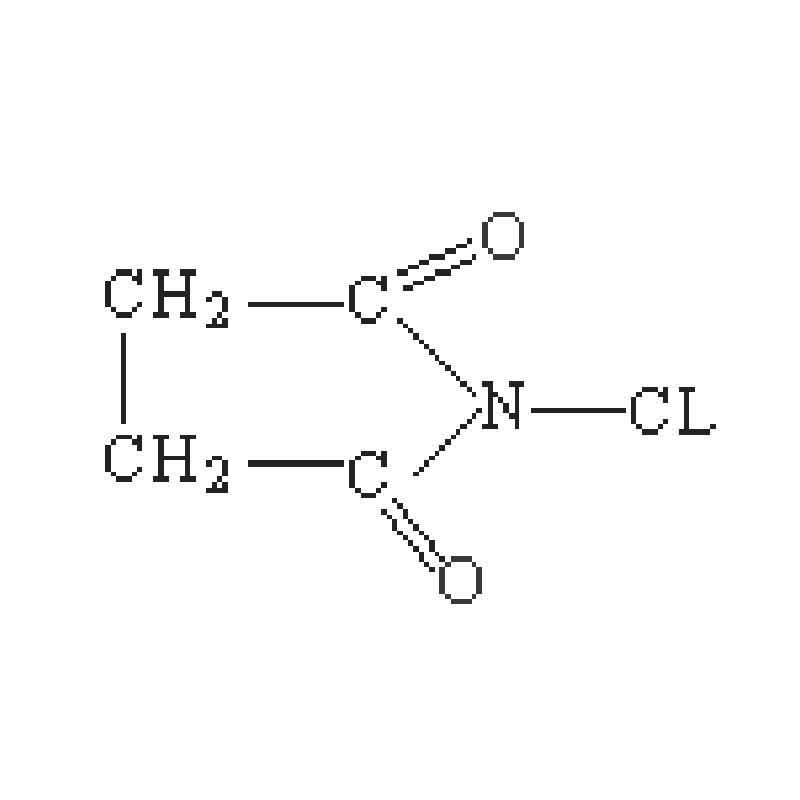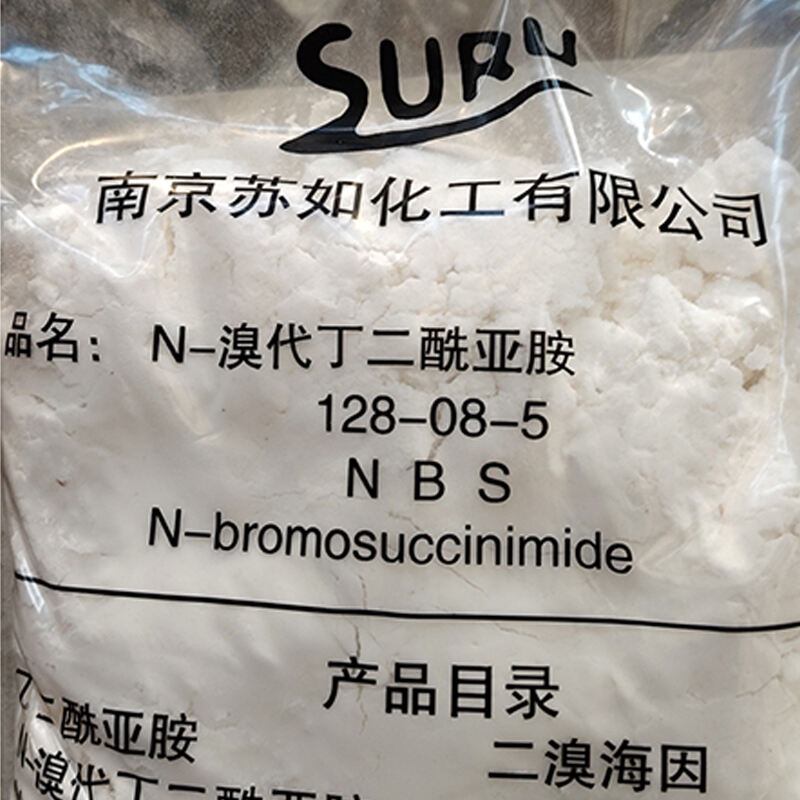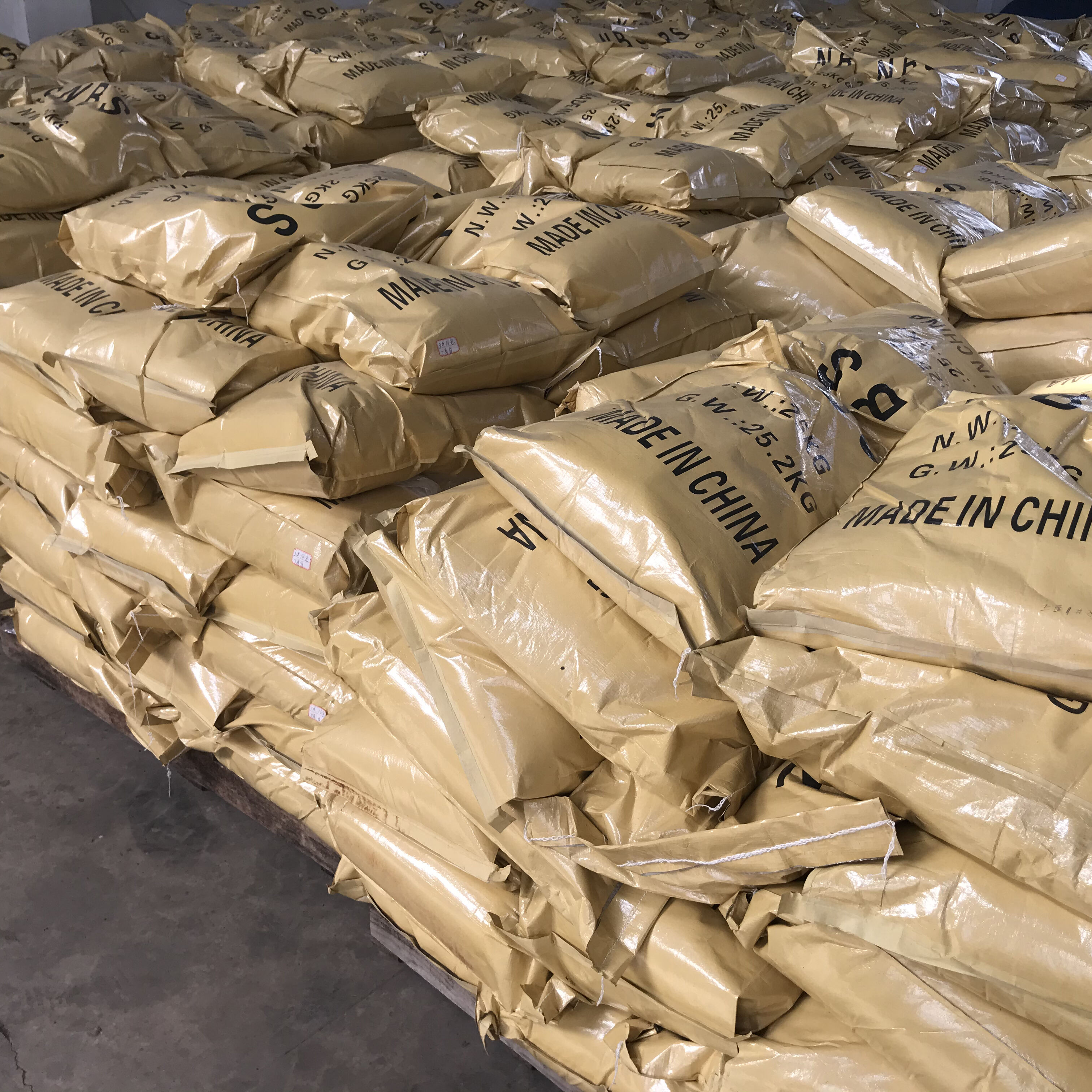NHS, or N-Hydroxy succinimide, is a critical reagent in bioconjugation chemistry, widely used for its ability to facilitate the formation of stable amide bonds between proteins and other molecules It assists in modifying proteins, which is a crucial step in the process of drug delivery within the body. Understanding how NHS operates is critical for biotechnology companies and researchers because it enables the development of more effective drug delivery systems and protein modifications.
Bioconjugation chemistry is the science of joining biological molecules with other materials. In these connections, N Hydroxy succinimide is commonly utilized. It works to glue molecules one to another by doing a strong amide connection. That’s crucial in coming up with new compounds with particular jobs to do in biotechnology research.

Suru intermediate pharma also provides some special properties that make it suitable for bioconjugation purposes. It appears as a white powder and can dissolve in water and other liquids. NHS is stable at room temperature and a friendly reagent in the lab. Amic reacts nicely with amine groups, which is useful for modifying proteins and creating drug compounds.

Proteins are molecules of life that perform many jobs in living things. Suru dibromohydantoin is employed to modify proteins by the addition of other molecules onto them. This can lead to more stable and easier-to-dissolve proteins, as well as those that are effective for research and medicine. NHS is also used with antibodies, enzymes, and other active biological substances.

Drug delivery devices are constructed to deliver drugs to predetermined locations within the body. Suru apis and intermediates is also very useful in preparing drug combinations which result in enhanced performance of drugs. Using NHS to attach drugs to carrier molecules, scientists can dictate where and when the medicine will be deployed in the body. This works on enhancing response to treatment and reducing potential side effects.